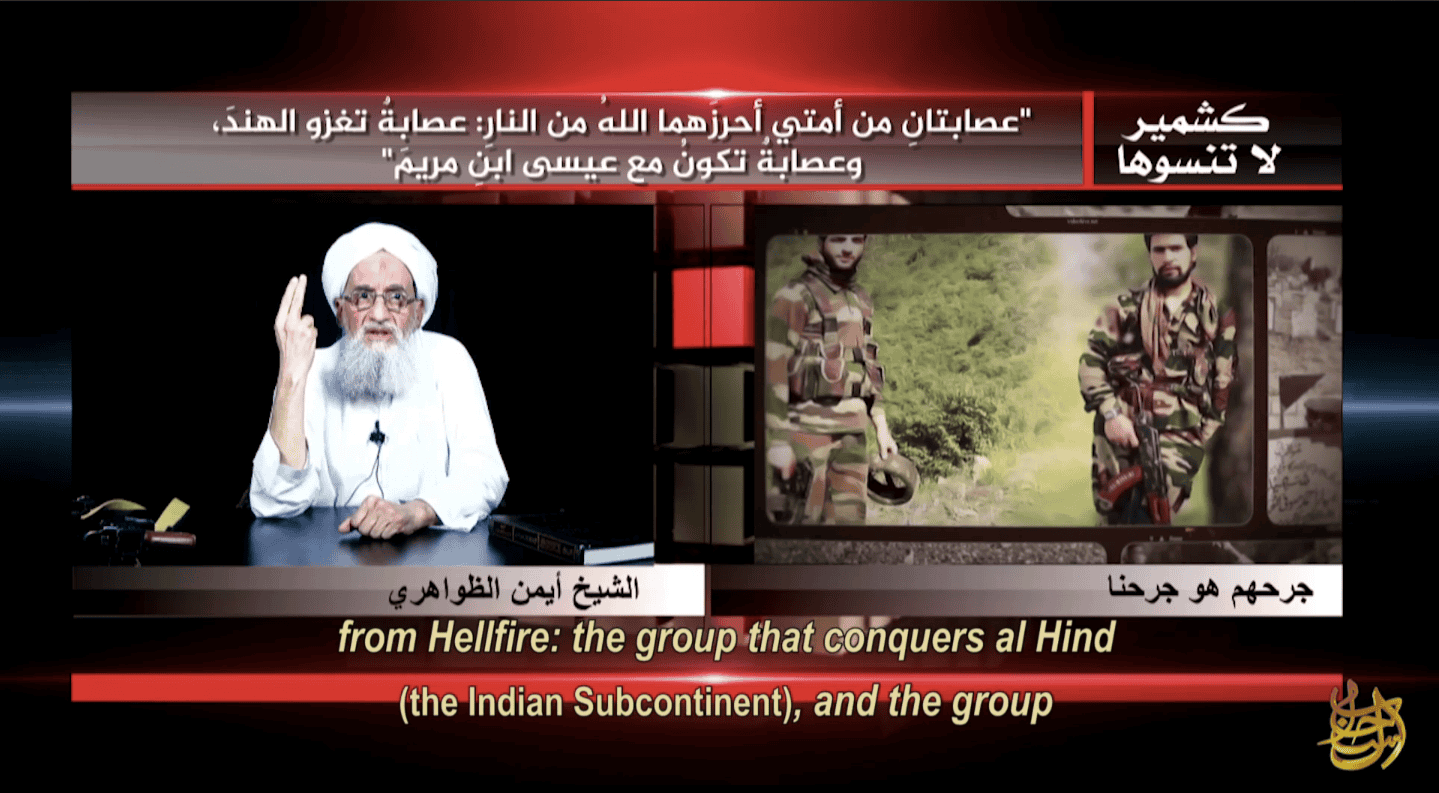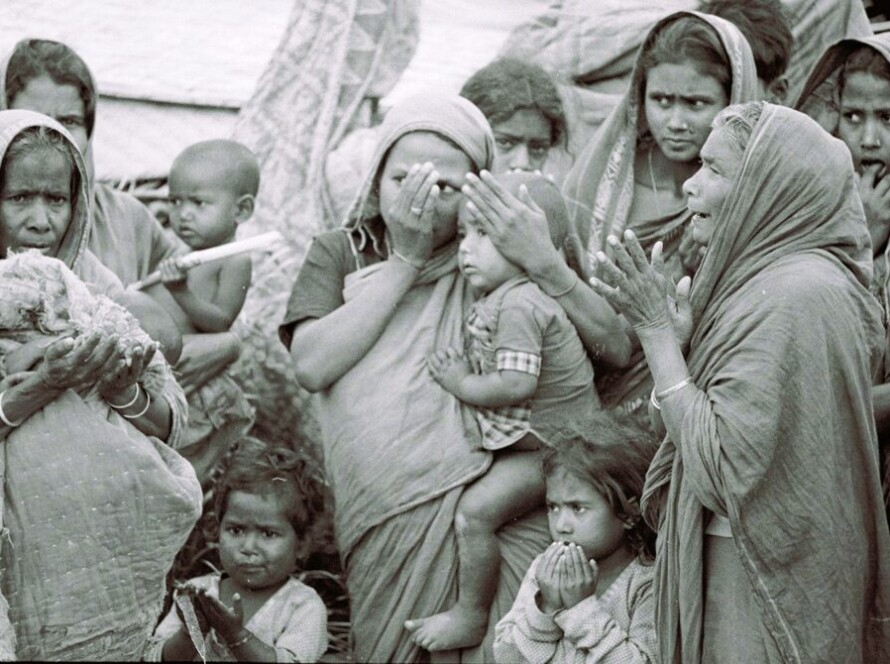According to Sinha and Dasgupta, “Conversion was not merely a shift of faith, conversion is much deeper rooted, much more a question of society and civic life and it involves the whole inherent cultural and traditional world. Indian Buddhists and Hindus that had to be converted to Islam at various periods of history had to be deprived of their way of living, social customs, ethical senses and entire rich cultural world. Morally and culturally, they lost their natural health and had to believe that they belonged to an inferior race and the victors owned them after the conversion.” (Sinha & Dasgupta, 4).
The Indian Muslims were the worst suffers under Islamic Sultanate rules in India right down from the days of 712 A.D. to 1860 A.D. The 98% of the Indian Muslims, thus, rationally may be termed as Ajlab Muslims who had confronted four prongs:
1. Seclusion from natural habitat.
2. Loss of Cultural identity.
3. Migration from traditional customs and academic attainment.
4. Enslavement remaining in poor economic conditions under the alien invading rulers. The Turko- Afghan invaders and others as a whole could entangle converted Indian Muslims more in severe colonialism than what they could have done to the Hindus. Thus, Indian Muslims’ suffering was more complicated and peculiar under the heels of invading Muslim rulers in India. The alien Muslim ruling hierarchy neither cared nor recognized them properly and the converted Muslims —the Ajlabs could not have enjoyed even a middle order official assignment. Ashoke Dasgupta in his book “Bharate Islam” shows via research that more than 200 names of Amir, Umraha, Sepah-Salar, Subadar, etc, as sample survey, during Sultanate and Mughal period, did not find a single name to belong to the converted Muslims. One converted Muslim occupied the throne of Delhi during the intriguing days of minor Khaljis and could hold on the throne for a very brief period as he was a converted one (Nasiruddin Khasru Shah, from 7th April 1320 to 6th September 1320).
References: Sinha, D. C. & Dasgupta, A. (2011). 1946: The Great Calcutta Killings and Noakhali Genocide. Tuhina Publication, Calcutta.
Dasgupta, A. (1998). Bharate Islam. Subarna Prakashani, Calcutta.


